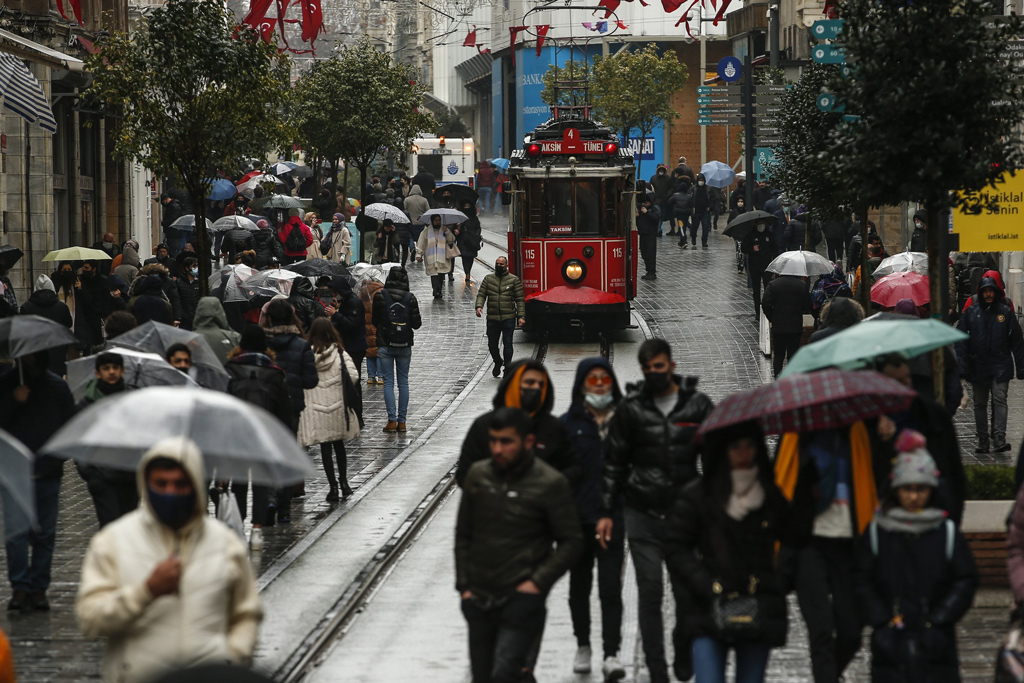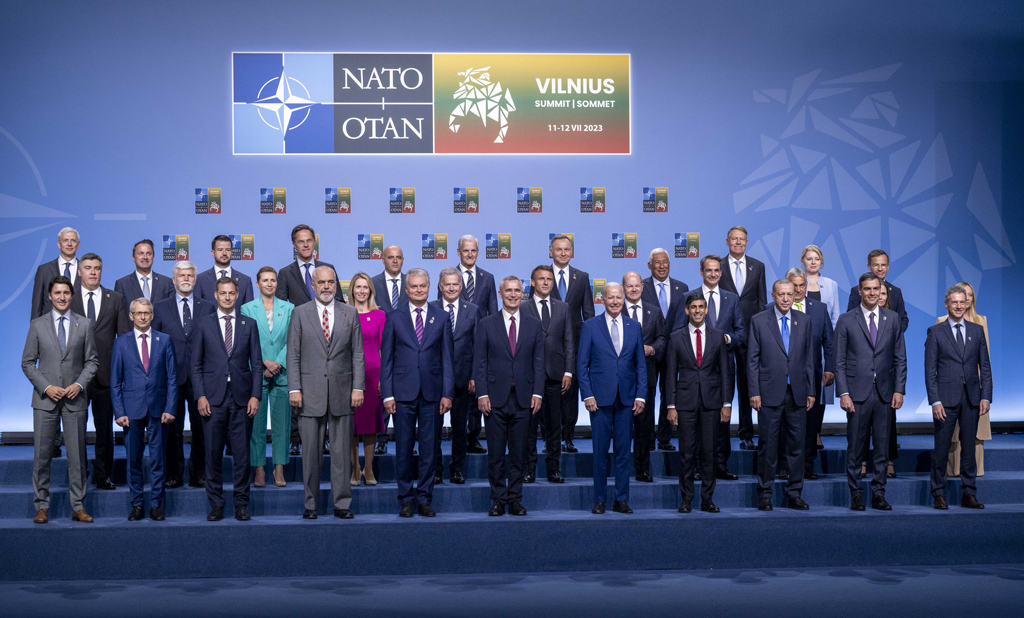
Turkish opposition in search of 'grand coalition'
The leaders of Turkey’s six opposition parties will hold their first roundtable meeting on Feb. 12. Having agreed to the need for an "augmented" parliamentary system, they had been facing criticism over their seeming fragmentation and lack of a common political agenda.
Share
The leaders of Turkey’s six opposition parties will hold their first roundtable meeting on Feb. 12. Having agreed to the need for an "augmented" parliamentary system, they had been facing criticism over their seeming fragmentation and lack of a common political agenda.
The recent debate over the admission of the Future Party (GP) and the Democracy and Progress Party (DEVA) to the Nation Alliance reflected an ambitious kind of political engineering. The purpose of that plan has been to rename and reshape the pro-opposition alliance. At the same time, it is part of an attempt to replace "flexible cooperation" with an "institutionalized and permanent alliance." In other words, the opposition hopes to match – and, if possible, exceed – the ambitions of the People’s Alliance. As such, one could argue that the opposition, aiming to manage the lead-up and aftermath of the 2023 election, wants to form a "grand coalition." That coalition would unveil its policy agenda and power-sharing structure ahead of the next election.
At the encouragement of the brain trust behind the opposition, which realizes that anti-Erdoğanism isn’t enough to produce a viable alternative to the current government, the Nation Alliance launches a challenging experiment. Should it form a common mechanism to plan and manage the campaign and the election’s aftermath? Or will those parties join forces on select issues under a more flexible arrangement that makes room for diversity and disagreements?
Both options entail certain advantages and disadvantages. The first option could be used to explain why the GP and DEVA would opt to join the opposition bloc, led by the main opposition Republican People’s Party (CHP). At the same time, that arrangement would allow fringe parties to get more representation and power compared to their actual level of popular support. Still, allocating parliamentary seats and picking a joint candidate are not issues to be settled on paper. Let us recall that there is plenty of competition and discord over those issues within each opposition party. Provided that the main opposition party can no longer hide the rivalry between presidential hopefuls among its senior members, it is quite ambitious to think that six opposition parties – plus the Peoples’ Democratic Party (HDP) – can be sold on a power-sharing agreement that will come into effect in case of an imaginary election victory.
That ambition certainly reflects the liberal mindset, which firmly believes that all problems can be solved through negotiation, and, therefore, goes against the very nature of power. The people could still disagree with the opposition’s common political agenda however, their leaders may continuously gather around the roundtable.
Although the second option – flexible cooperation on election day – seems easier to manage, it would fail to convey the message that the opposition is ready to govern. Nor would flexibility stop the ideological/political differences between those six parties from becoming the subject of incessant public debate.
Tags »
Related Articles








